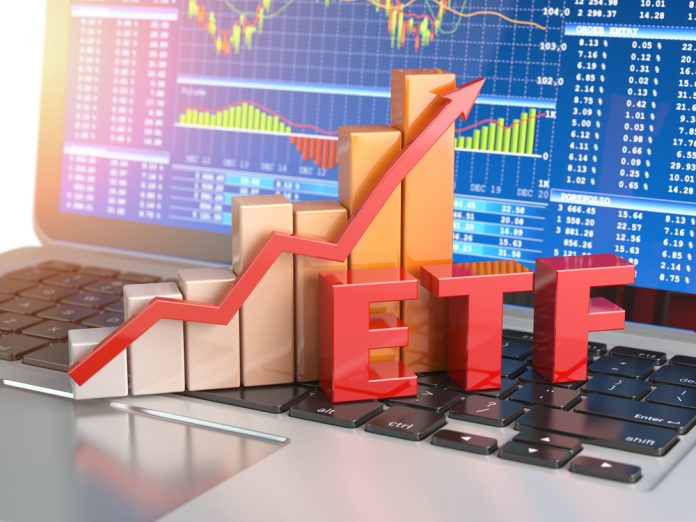Whether you’re a newbie investor or a long-time member of the market, it’s no doubt the case that you have found yourself looking for new streams of investment income from time to time. Any research of what’s on offer in the investment market is likely to throw up mention of ‘exchange-traded funds’ (ETFs), which are a common type of asset class offering a chance to track a particular industry or market.
However, this asset class certainly does come with its advantages and disadvantages, and it’s a good idea for any potential ETF purchasers to do their research before plunging ahead. This article will give a summary of what ETFs are, and will also look at their drawbacks and plus points.
ETFs: an overview
An ETF is a financial instrument that an investor might buy or sell as part of speculation that its value will rise and a profit can be turned. An ETF rolls lots of different assets into one: it might, for example, contain some government bonds as well as some stocks. In most cases, the selection of assets inside the ETF will be linked in theme to a major sector, such as an index (for example, the NASDAQ).
Many investors who have done cursory research on what’s available in the investment market might spot that there is some crossover between ETFs and index funds. However, there are some key differences between the two. An index fund often can’t be traded on the client’s terms, and you may have to wait a few days before you can sell it and know the actual value. An ETF can often be sold right away.
Advantages of ETFs
As mentioned above, one of the distinct advantages of an ETF is that it can be bought and sold over the course of a normal trading day at a real-time value. This is not the case for the vast majority of fund options out there, which have their opportunities for buying and selling restricted to specific points.
Another reason why investors consider ETFs to be a good choice in many cases is that these funds are often cheap in terms of fees. They are designed to not require huge levels of time investment on the part of the fund manager–which, for the end user, can mean that the costs come down significantly. This might manifest itself in the form of a lower account fee, or perhaps a total absence of fees on actions such as withdrawals.
It’s also important to note that ETFs tend to be readily available, especially with the big brokers. Firms such as Capital Markets Elite Group offer ETFs on their books. However, traders should be sure to go for a broker that provides a variety of ETF options so that there’s maximum choice on offer. They should also be sure to find an advanced broker that offers a sophisticated liquidity-finding offer, such as smart order routing (SOR) technology.
The disadvantages
ETFs are not for everyone, however. They are, for example, often not diversified — and may contain some of the most valuable stocks only. This may seem like an advantage, but it could also mean that investors don’t get their slice of the pie when it comes to shares in smaller firms that are growing in value due to investment or growth.
It’s also the case that most ETFs don’t offer the potential for significant dividends. This is not necessarily a problem, but successful dividends in the stocks and shares world tend to be lucrative. An ETF-heavy portfolio is likely to cut this out altogether, and could cause what is effectively a loss if it means that the trader chooses not to go for a stock that otherwise performs well.
A word of warning
While it’s definitely possible to summarize the benefits and downsides of ETFs, it’s also important to note that what is right for one person’s financial circumstances might not be right for another. General comments on how instruments like these work is not a substitute for independent financial advice. As a result, it may be prudent to ask a financial advisor to give their opinions.
ETFs certainly are a useful asset class to consider adding to your investment portfolio. They come with all sorts of advantages, such as low cost on some occasions and a variety of choice. They do, however, also come with drawbacks, such as the fact that they tend to come without dividends. Overall, it’s down to the individual trader to decide whether or not ETFs are right for them — and to implement a strategy to ensure that their risk is managed.
Find a Home-Based Business to Start-Up >>> Hundreds of Business Listings.

















































